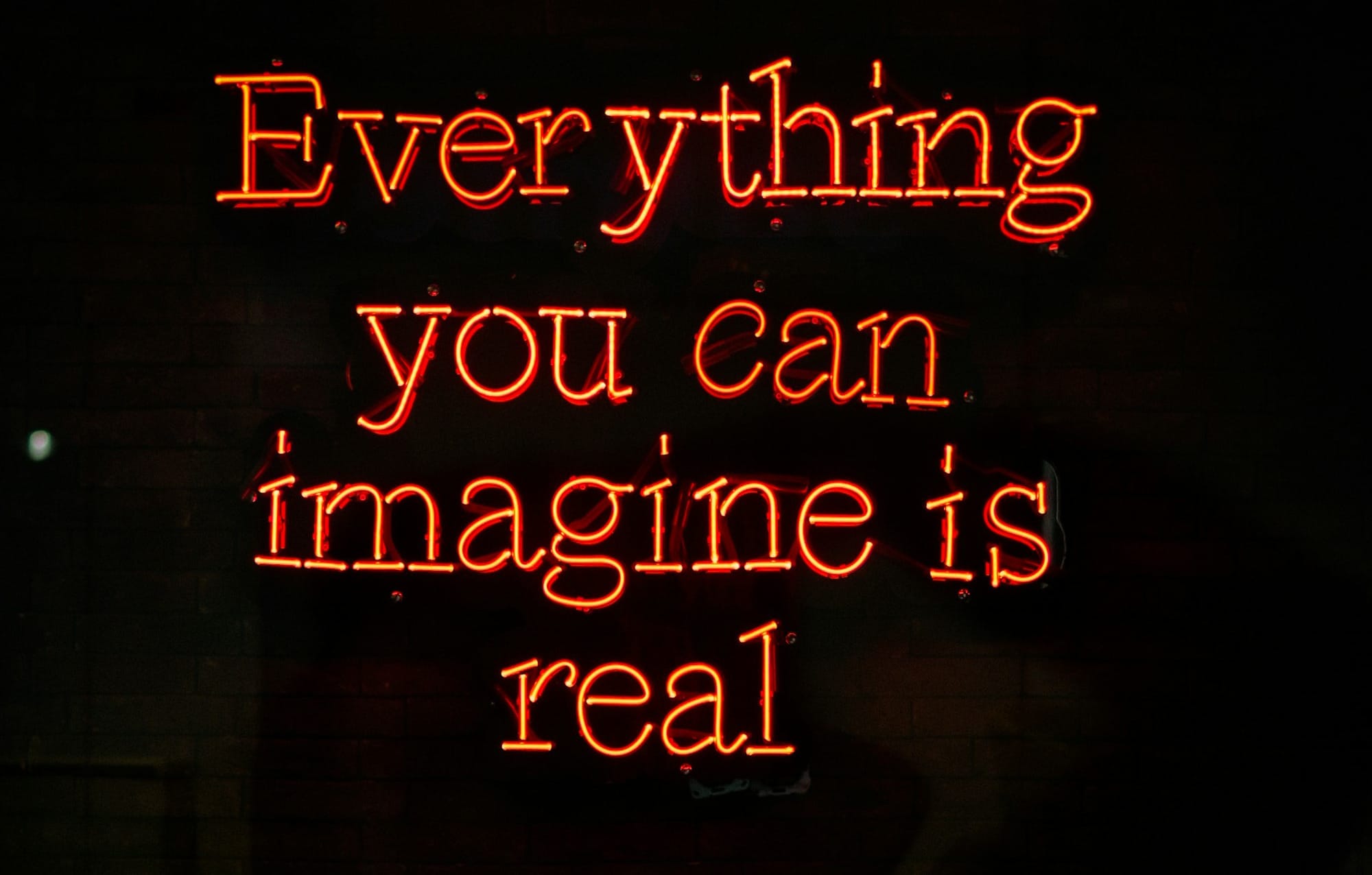Is this true? What could make it more true?

I'm getting ready for the next two meetings of the PBC (Philanthropy Book Club)> more details on when we're meeting are here, and if you signed up already you will have received the information to attend.
We're reading Everything for Everyone for Everyone: An Oral History of the New York Commune, 2052-2072. It is speculative fiction based in almost Butlerian prescience about today.
As I read it I keep asking myself - Could this happen? What would it take? How can I help? It contains stories of free food distribution, healthcare for anyone, shared housing situations that can be shape-shifted as needs change, and music and dance as community organizing platforms. As an oral history, the book is structured as a series of interviews, and the authors go out of their way to acknowledge the trauma experienced by their fictional subjects, incorporating an emotional angle that so many oral histories edit out or avoid altogether.
I'm curious what the PBC readers will think of the book. Is it too communal? does it describe a future that appeals or repels? Is their work today in pursuit of a future similar to this one or vastly different? Have they ever actually articulated what kind of future they're working toward and how they would know if they're getting there?
The headline of this post comes from a podcast - David Naemon's Between the Cover interview with poet Keetje Kuipers. An hour plusinto the podcast a guest who knows and has worked with the poet asks her this question, "Is it true? How could it be more true?" She divines this question from thinking about Kuipers' writing and editing process, which is made visible on midst.press. (if you go to that link, slide the slider at the bottom all the way to the left and then slowly move it to the right - you'll see the evolution of the poem as the poet wrote it).
One part of the life/professional transition I'm in the midst of is the push to find ways/places to get input and feedback on my ideas and writing. Every blog post you read here is a first draft, barely edited, sometimes typos fixed but not always. I'm good at putting this raw stuff out publicly. In 23 years of blogging I've received a total of about 10 comments, none of which have ever addressed the writing itself. I recently got a comment that pushed an idea further (THANK YOU). The PBC gives me one way to listen to others think about something we have in common, but I crave more. So I'm taking this question, "Is it true? Could it be more true?" with me and seeing how I can use it. Does it apply to your work? Do you have a different question you ask yourself when putting ideas into the world?